by Trianne Harabedian
The Nightingale. All The Light We Cannot See. The Guernsey Literary and Potato Peel Pie Society. I loved them, you loved them. If we’re being honest, there’s just something about a beautifully written World War II novel, with intrigue and tragedy and a little romance, that’s like literary catnip. We can’t get enough.
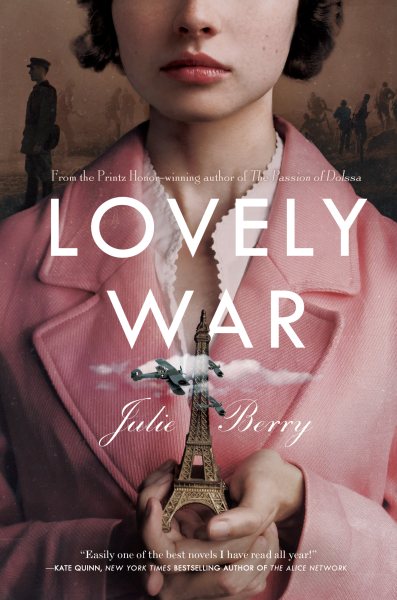 So I absolutely have to tell you about another book that you are going to love: Lovely War by Julie Berry. It’s a little different from the others. It’s got the intrigue, the tragedy, and more than a little romance. But… it’s set during World War I. Gasp! How can such a novel exist without Nazis, the brazenness of women in the forties, the preexisting tragedy of a world that had not yet recovered from the Great War? I promise that not only can it work, but it can work so beautifully that you’re not going to be able to put this novel down.
So I absolutely have to tell you about another book that you are going to love: Lovely War by Julie Berry. It’s a little different from the others. It’s got the intrigue, the tragedy, and more than a little romance. But… it’s set during World War I. Gasp! How can such a novel exist without Nazis, the brazenness of women in the forties, the preexisting tragedy of a world that had not yet recovered from the Great War? I promise that not only can it work, but it can work so beautifully that you’re not going to be able to put this novel down.
It’s 1942. The goddess Aphrodite is in a hotel room with her lover, Ares, when her husband, Hephaestus ensnares them in a net. As they argue about love, Aphrodite offers to illustrate her points by telling the story of four mortals living during World War I. As she weaves her tale, the other gods help by telling their perspectives on certain events. Aphrodite covers the romance, Apollo the music, Ares the war, and Hades the death.
The story begins with Hazel, a sheltered girl who lives in London and plays piano. On this particular evening, she is playing at a war benefit when she notices a young man standing to the side. Their eyes meet, Aphrodite gives them a nudge, and that’s it. Suddenly they’re sneaking out of their homes to meet for coffee, attending the symphony, and falling in love while knowing James will leave in a week for the war front. Unfortunately, their time is cut short when he is summoned to training a few days early. Their romance continues to blossom via letters, and Hazel decides that she needs to help with the war effort. To her parents’ dismay, she moves to Saint-Nazarie, France, as an entertainment volunteer for the troops.
This is where Aphrodite introduces us to our second couple. Colette is an orphan from Belgium, her life ravaged by the war, who seeks solace in volunteering for others. She and Hazel become fast friends at the YMCA where they are stationed. They bond over their love of music and their frustration over the segregation among the soldiers. The girls are shocked that they are not even allowed to enter the colored camp, as Colette is a foreigner and Hazel comes from a very accepting family. But they soon find a way to get around the rule.
Aubrey is a jazz prodigy who has been dragged into a military band. When he hears Hazel playing piano one evening, he can’t help but sneak into the building, introduce himself, and sit down to play. And when Colette steps out of her room in nothing but a scandalous nightgown, everything is over for Aubrey. He returns night after night, after the girls’ supervisor has gone to bed, to play piano and win Colette’s heart. He has nearly succeeded when, after a horrifying incident with some Americans from another camp, he is forced to unexpectedly go on tour with the band. Because of the incident, he doesn’t feel that he can write to Colette, and she is left aching at his sudden disappearance.
With both couples separated, the novel twists and turns. The mortals are given small tastes of love as Aphrodite schemes to allow them to meet for a few days here and there. But the war breaks them all. No one escapes the pain of violence, racial oppression, and death. No one is left mentally, physically, or emotionally unscathed. But their love for each other, both romantically and as four friends, remains steadfast.
I laughed, I cried, and I read this book far too quickly. Then, for days afterward, I didn’t want to read anything else. It’s the next beautiful war novel that we’re going to recommend to all our friends and talk about for years. It’s the novel I didn’t know I was waiting for.


 Jim Harrison knew he was dying when he wrote the poems in Dead Man’s Float. The grace with which he accepts his very end is comforting, but not all of the poems are about his life’s sunset. In another imitating-animals move, the poem “Mad Dog,” Harrison tells us that he “envied the dog lying in the yard,” so he lies down with it, rolling around, unable to find the same level of blissful comfort that his canine counterpart does. We’ve all been here: trying to make ourselves happy but blocked by ourselves. It’s funny, tongue in cheek, light.
Jim Harrison knew he was dying when he wrote the poems in Dead Man’s Float. The grace with which he accepts his very end is comforting, but not all of the poems are about his life’s sunset. In another imitating-animals move, the poem “Mad Dog,” Harrison tells us that he “envied the dog lying in the yard,” so he lies down with it, rolling around, unable to find the same level of blissful comfort that his canine counterpart does. We’ve all been here: trying to make ourselves happy but blocked by ourselves. It’s funny, tongue in cheek, light. The River
The River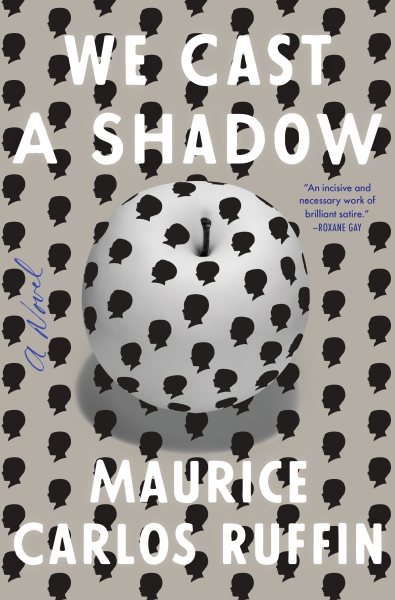 Narrated by a black father frantically climbing the ladder at a prominent law firm to gain enough money to pay for his biracial son Nigel’s demelanization procedure, We Cast a Shadow is a Kafkaesque nightmare for our times, a fever dream of a novel that is painfully aware of how close America is to becoming a white ethnostate run by reptilian billionaires.
Narrated by a black father frantically climbing the ladder at a prominent law firm to gain enough money to pay for his biracial son Nigel’s demelanization procedure, We Cast a Shadow is a Kafkaesque nightmare for our times, a fever dream of a novel that is painfully aware of how close America is to becoming a white ethnostate run by reptilian billionaires.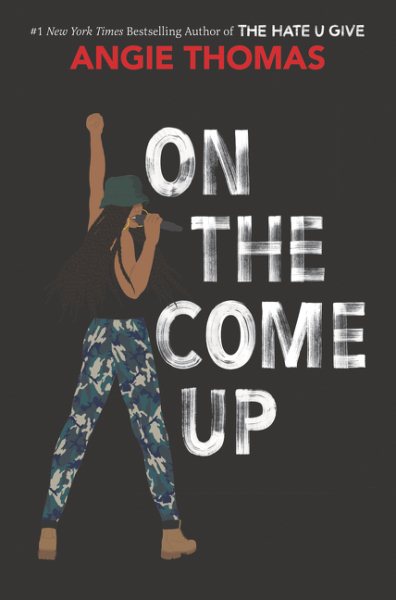 On the Come Up returns to Garden Heights, the same neighborhood from The Hate U Give. This story is set on the the other side of the neighborhood, however. The effects of the climax of the last book are still being felt. Khalil’s death awakens political sensibilities, but these characters didn’t know him personally.
On the Come Up returns to Garden Heights, the same neighborhood from The Hate U Give. This story is set on the the other side of the neighborhood, however. The effects of the climax of the last book are still being felt. Khalil’s death awakens political sensibilities, but these characters didn’t know him personally.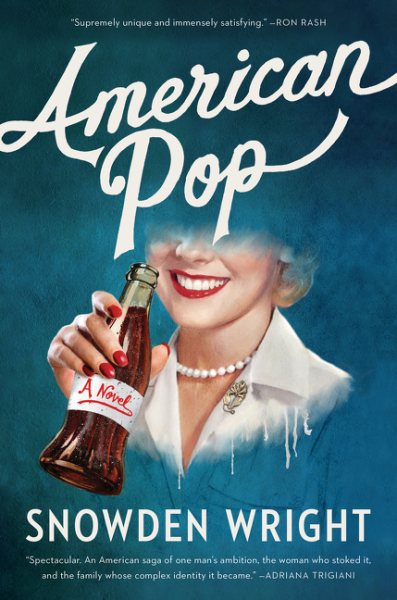 I was very excited to see a family tree in the first few pages. From Gabriel García Márquez’s One Hundred Years of Solitude to Yaa Gyasi’s
I was very excited to see a family tree in the first few pages. From Gabriel García Márquez’s One Hundred Years of Solitude to Yaa Gyasi’s 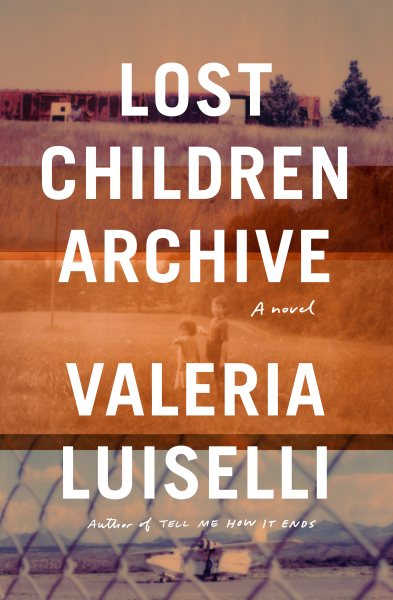 Lost Children Archive is that light in the dark.
Lost Children Archive is that light in the dark.
 The Weight of a Piano surprised me in the amount of technical detail Cander used when describing musical technique and the titular piano. It is so easy to see Katya’s love of music throughout the novel, which is portrayed by Cander’s poetic description of the piano and the music played on it. I was easily able to relate to Katya and the way music brings her joy and conveys her feelings, as well as the way music connects characters to one another, even across time, because I often feel this way about classical music. As a classical musician, it also felt extra special to be able to understand Katya’s emotional connection to the piano and the music she plays on it.
The Weight of a Piano surprised me in the amount of technical detail Cander used when describing musical technique and the titular piano. It is so easy to see Katya’s love of music throughout the novel, which is portrayed by Cander’s poetic description of the piano and the music played on it. I was easily able to relate to Katya and the way music brings her joy and conveys her feelings, as well as the way music connects characters to one another, even across time, because I often feel this way about classical music. As a classical musician, it also felt extra special to be able to understand Katya’s emotional connection to the piano and the music she plays on it.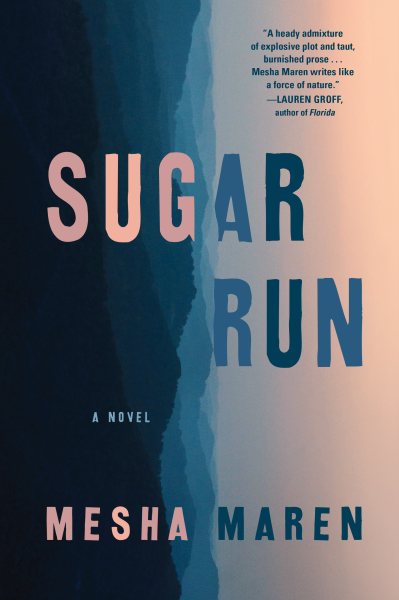 This novel certainly gave me what I was looking for. With a fantastically driven plot, compelling prose, and beautiful descriptions of that unique, rural, mountainous region of West Virginia, this novel was really hard to put down. I found myself carving time to read this novel into every moment of my day, something I haven’t done with a novel (one not for school) in a long time.
This novel certainly gave me what I was looking for. With a fantastically driven plot, compelling prose, and beautiful descriptions of that unique, rural, mountainous region of West Virginia, this novel was really hard to put down. I found myself carving time to read this novel into every moment of my day, something I haven’t done with a novel (one not for school) in a long time.